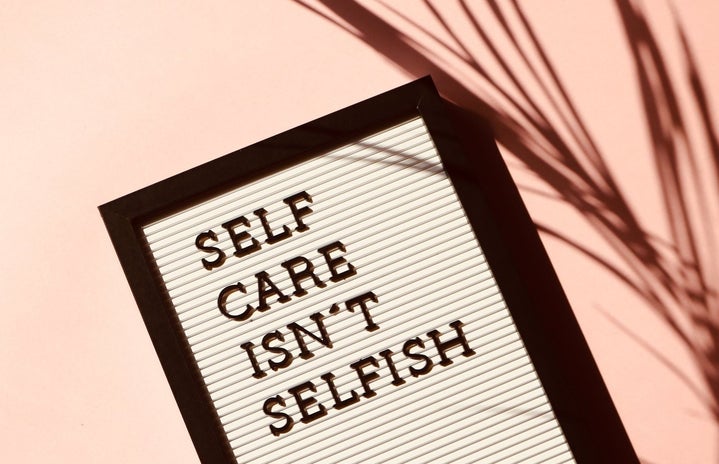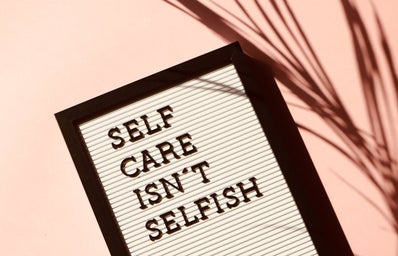If you are anything like me, you might find yourself in need of some self-care, but you may not be exactly sure how to go about it. Maybe you add it to your list of things you need to get done, but never do because you don’t know how, or possibly you try to Google ideas and suddenly are more overwhelmed with the billions of recommendations that you find. There are many articles and great resources that talk about self-care, and at times, it can be confusing to learn about such a complex topic. The one important thing to remember is that you need to take care of yourself. An easy solution to avoid the stress and overwhelm of self-care is to dive into what is called the “seven pillars”. You don’t necessarily need to focus on all seven areas of self-care, but knowing what each one means can help you recognize what you need to focus on specifically in your life.
The seven pillars of self-care work as a team to create a sense of integrity in your life or wholeness.
The pillars of self-care:
- Mental
Mental self-care is all about creating a healthy mindset through conscientiousness and mindfulness. It is important to work on this area of self-care to grow your skills and knowledge, reduce stress, develop a healthy mindset, and enhance your creativity.
A few examples of mental self-care are…
- Writing in a journal
- Meditating
- Taking a break from technology & internet
- Engage your brain in a new way
- Emotional
Emotional self-care includes using self-compassion and healthy coping methods to care for any matters involving your heart. Taking a deeper dive into this pillar will help you grow an understanding of yourself; you will learn how to better deal with any challenges you might face, and create healthy emotional responses.
A few examples of emotional self-care…
- Write down positive affirmations
- Listen to your favorite music
- Setting boundaries for your time & energy
- Asking others for help when you need it
- Physical
Physical self-care involves taking care of your physical being, your body with nutrition, exercise, proper sleep, and good hygiene. Tapping into this area of self-care can increase your self-esteem and boost your energy.
A few examples of physical self-care…
- Drinking more water
- Trying a new workout class/video
- Getting the sleep you need (7-8 hours)
- Eating meals regularly (breakfast, lunch, & dinner)
- Spiritual
Spiritual self-care is all about taking care of your soul by participating in activities and practices that can provide you with a sense of direction or purpose. Setting time aside to focus on this pillar can help you achieve finding more meaning in life and a feeling of being grounded.
A few examples of spiritual self-care…
- Identifying your values & what is meaningful to your being
- Connecting to a higher power (this one is different for everyone so it’s up to you!)
- Spending some time with nature
- Environmental
Environmental self-care includes caring for the spaces around you. Taking care of your immediate environment can be very helpful in you being able to feel a sense of belonging and thrive in the space around you.
A few examples of environmental self-care…
- Exploring a new place
- Decluttering your living space
- Take a walk outside
- Re-arranging your workspace to feel more comfortable
- Social
Social self-care involves connecting with other human beings that understand you and develop healthy relationships. Taking care of your social pillar will help you create a sense of acceptance and belonging.
A few examples of social self-care…
- Spending times with your favorite people
- Calling your family or relatives
- Go old-fashioned and write a letter!
- Join a support group or find a community to contribute to
- Recreational
Recreational self-care involves spending time and caring for that inner child in you. Doing your favorite hobbies, fun activities, or experiencing new things. This pillar is important as it helps you escape the pressure of your tasks and just be able to enjoy the little things in life.
A few examples of recreational self-care…
- Take time to be creative & do your fun hobbies
- Do absolutely nothing and enjoy it!
- Change up your daily routine
- Go on an adventure with your friends or by yourself
Take time for yourself and dive deeper into what you need to do just that!


